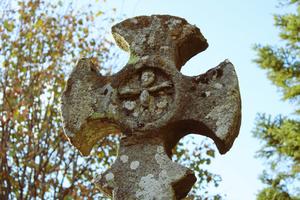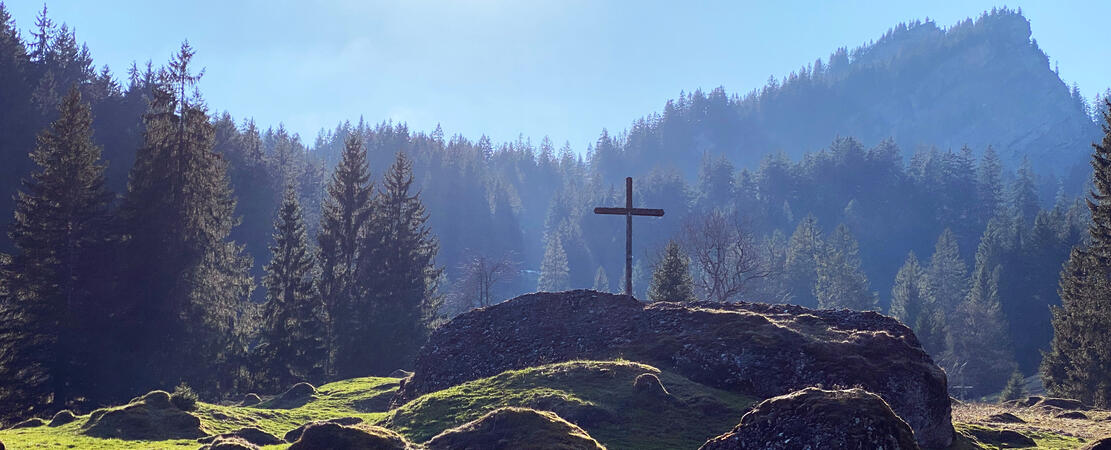 Located here are multimedia offerings of interest, relating to the intersection of Christianity and ecology.
Located here are multimedia offerings of interest, relating to the intersection of Christianity and ecology.
|
The Ecumenical Patriarch Bartholomew and the Environment |
Pope Francis and Laudato Si’
Videos related to Pope Francis, his 2015 encyclical Laudato Si', and his apostolic exhortation, Laudate Deum, are located here. |
| More videos on Christianity and Ecology
A wide variety of multimedia related to Christianity and the environment are located here. |
|
Header photo: Eigenthal - Canton of Lucerne, Switzerland; Shutterstock/Mario Krpan

